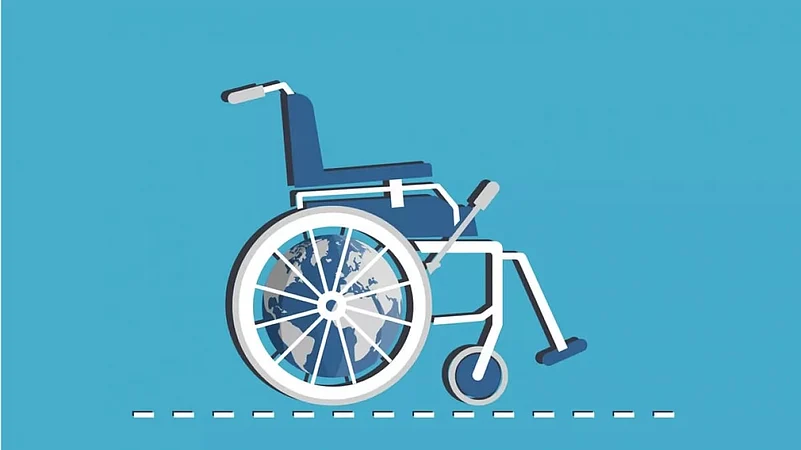Disability costs an additional income to maintain the same standard of living as compared to a non-disabled person. There are several provisions for differently abled persons under the Income-tax Act, 1961, to give them some relief. Let's look at them this International Disability Day.
“The tax provisions considering challenges faced by persons with a disability provide tax breaks and deductions from income. These are available for the differently abled person himself as well as the caregiver also,” says Aarti Raote, partner, Deloitte India. She explains the deductions available and the conditions to be met to avail these deductions.
Section 80U provides a tax deduction for a person suffering from a disability. The level of disability should be 40 per cent or more as certified by the notified medical authority to be able to avail of the deduction. The deduction is Rs 75,000 for people with disabilities and Rs 1,25,000 for severe disabilities (>80 per cent). Other than valid certification, no other supporting document or proof of expenses incurred is not required. Disability has been defined to include physical challenges like blindness, leprosy-cured, hearing impairment, loco-motor disability, mental illness, autism mental retardation, etc.
Section 80DD provides a tax deduction for the family member or HUF for expenditure for medical treatment or care or payment of premium for maintenance of the differently abled person who is wholly dependent on the family member for support and upkeep. The deduction for payment under the insurance scheme would be available to the family member where the disabled person is the beneficiary on the death of the family member in whose name the subscription is paid or where the family member attains the age of 65 or more and payments to the scheme are discontinued. The disabled individual should be the beneficiary of the scheme.
The deduction is limited to Rs 75,000 per annum or Rs 1,25,000 per annum depending on the severity of the disability. Family members would mean parents, siblings, spouses, or members of the family. A valid medical certificate needs to be provided as proof with the tax return for claiming this deduction.
“The above deductions are available only for residents and are mutually exclusive,” she adds.
There are also insurance products available that cover disability. Such insurance covers the risk of lost income due to disability. It pays out a portion of the lost income as well as medical expenditures when one is involved in an accident which leads to disability. Disability insurance can protect both against short-term and long-term disability.














